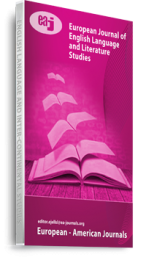If Audee T. Giwa isn’t amongst the first generation of male African writers: Chinua Achebe, Cypran Ekwensi, Wole Soyinka, Ngugi wa Thiang’o, Sembene Ousemene for instance, who have cast women stereotypes as principal characters or heroines in their novels, he has indubitably joined the arty queue. Be that as it may, only Ngugi and Ousemene of the five have been textually hailed by Flora Nwapa in “Women and Creative Writing in Africa” for mirroring the ebullient “faces” of women in their novels and plays and the other three have been palpably indicted for being misogynist and sextially–biased in their portrayal of women in their early literary master pieces. Women Without Boarders (2012), a novel, in which Professor Aliyu Kamal underscores the intersection between patriarchy, culture, religion and the rights of women in Northern Nigerian Muslim world has brought the Kano-born novelist into the queue. In the latest queue to which he has joined, Giwa seems to have picked a distinctive literary path. This is the thrust of this paper. It explores another patriarchal mode in I’d Rather Die, as the opulent Alhaji Maikudi becomes a rapist, smoke-screening with poverty to rape love. This inimical and baleful attitude inflicts an incomparable misery and trepidation in the green and morally-raised Fatimah, whose heart has truly Muhammad’s embraced. The psychological gore caused in Fatimah’s heart when her love is raped by Alhaji Maikudi is tantamount to patriarchal subjugation and insubordination. The paper employs feminism and the reader-response paradigms for its analytical stands.
Keywords: Audee t. Giwa’s i’d rather die, Literature, a feminist/reader-response, contemporary Northern Nigerian, love-rape

